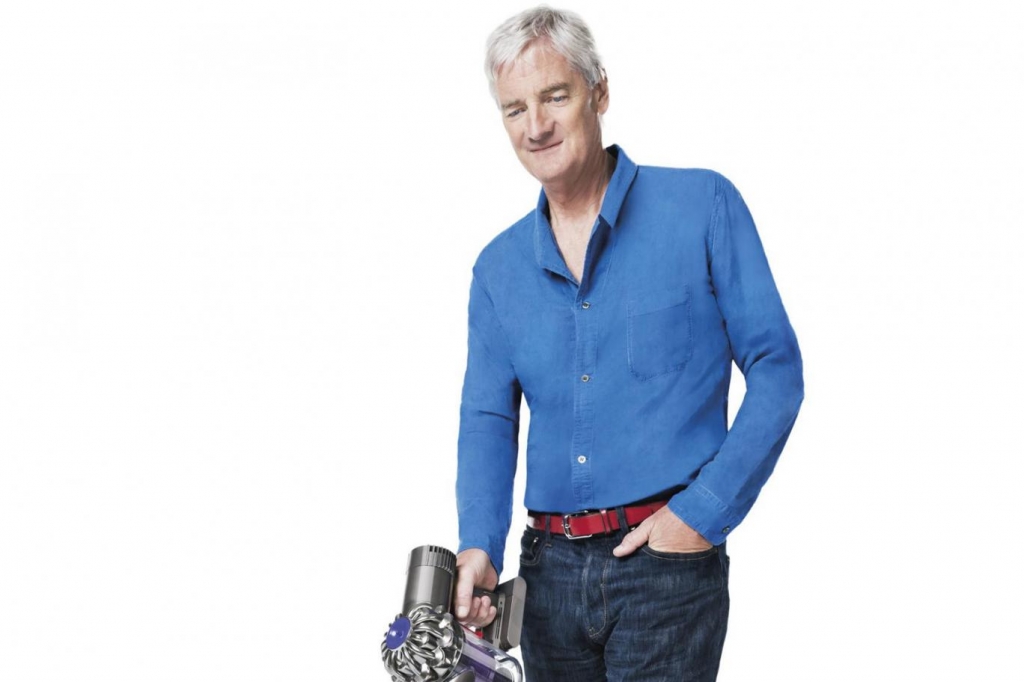-
Tips for becoming a good boxer - November 6, 2020
-
7 expert tips for making your hens night a memorable one - November 6, 2020
-
5 reasons to host your Christmas party on a cruise boat - November 6, 2020
-
What to do when you’re charged with a crime - November 6, 2020
-
Should you get one or multiple dogs? Here’s all you need to know - November 3, 2020
-
A Guide: How to Build Your Very Own Magic Mirror - February 14, 2019
-
Our Top Inspirational Baseball Stars - November 24, 2018
-
Five Tech Tools That Will Help You Turn Your Blog into a Business - November 24, 2018
-
How to Indulge on Vacation without Expanding Your Waist - November 9, 2018
-
5 Strategies for Businesses to Appeal to Today’s Increasingly Mobile-Crazed Customers - November 9, 2018
Dyson to be sued over Volkswagen-style cheating claims
The British vacuum cleaner maker launched legal action last week against Bosch, which strongly rejected the claims.
Advertisement
In a statement on Wednesday, Dyson said it was “disappointed” by Bosch’s decision to counter-sue – and described it as an “obvious tactic to try and divert attention away from the very serious allegations faced by the company”.
“[There are] fridges tested with no food, vacuum cleaners tested with no dust, and washing machines tested at inaccurate temperatures”, said Dyson’s founder in comments reported by The Telegraph.
BSH said its bagged and bagless cleaners performed better than Dyson’s in German tests and that its machines also did better in tests by Which? in the UK.
Because of the way the testing is conducted, Bosch and Siemens products receive a AAAA energy consumption rating, while in home use shows a performance closer to an “E” or “F” rating.
“With his completely unfounded accusations of cheating in the past week he has now overstepped the mark, which is why we will now initiate legal steps against Dyson”, Ottenberg stated.
The allegation draws parallels with the Volkswagen scandal in which the vehicle manufacturer was exposed for deliberately cheating emissions tests. The statement from BSH doesn’t say that its appliances don’t have cheat devices; rather, it actually confirms that there is “intelligent sensor technology” that increases the amount of suction as the vacuum cleaner’s bag fills up. Bosch insists that its appliances are “tested in accordance with the requirements of the corresponding EU Energy Label and Ecodesign Directives and meet these in full”-a claim that Dyson may struggle to get around”.
Dyson says that independent testing indicated that Bosch and Siemens brand machines could draw more than 1,600W of power when used in the home – despite only having a rating of 750W.
Sir James said: “What Bosch and Siemens have done, we believe circumvents the objective of the European Union energy regulations and misleads consumers”.
Advertisement
Last year, BSH claimed that Dyson had advertised incorrect values on the energy label for its appliances and courts in Germany ruled that these values had to be changed by Dyson throughout Europe.




























